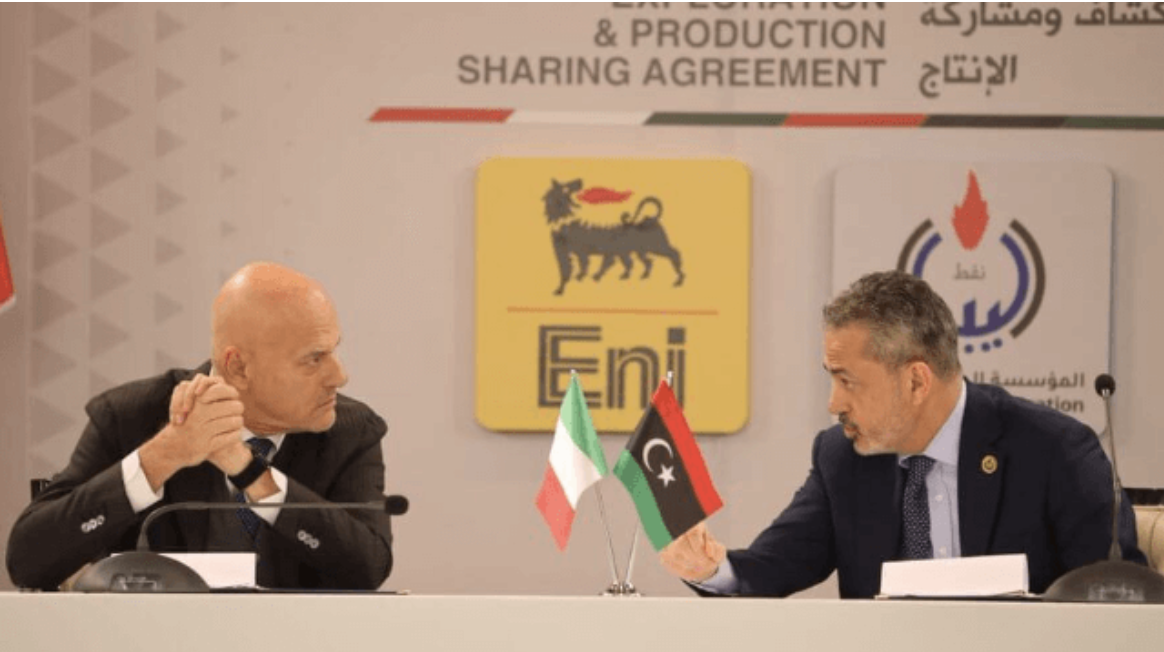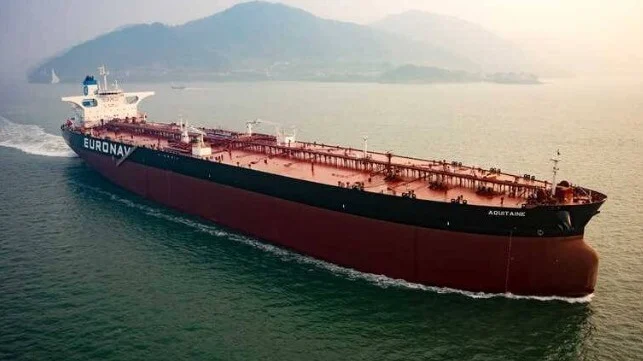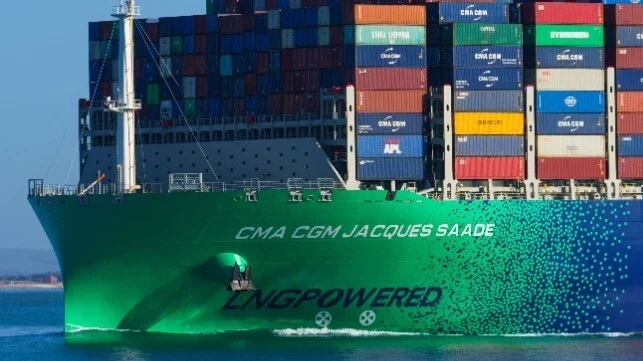By Dr. Dalia Ziada
The Egyptian state is working on magnifying the Suez Canal revenues as part of a larger plan to increase the inflow of foreign currency and control inflation. However, the policies adopted to achieve these goals may easily backfire if they are not paralleled with drastic changes in Egypt’s foreign trade policy.

Egypt is one of the countries that suffered the most from the economic consequences of the global standoff around the Russian invasion of Ukraine. In the financial year 2022/2023, the Egyptian state has to flex its tight budget to contain an increase of 19.7% in spending, which will create a budget deficit of 6.1%, to cover the shortage in food supplies.

Meanwhile, the Egyptian government has been battling dollar scarcity by devaluing the Egyptian pound and accepting generous dollar deposits from Arab Gulf countries. The official statistics of the Central Bank of Egypt (CBE) tell that, in July, the inflation rate hit 14.5%, and the foreign currency reserves fell to 33.14 billion dollars.
The Egyptian state decided to walk on two parallel wires to deal with this situation. The first route is to restrict imports to prevent the quick drain of the dollar reserves. The second trail is to maximize the revenues of the Suez Canal, the highest foreign currency resource after the remittances sent by the Egyptians abroad, which reached 31.9 billion dollars for the first time, this year.
Admiral Osama Rabie, Chairperson of the Suez Canal Authority (SCA), declared that the canal’s monthly revenues hit a record of 704 million dollars in August. That is 60% more than the revenues earned at a similar time last year. He explained that most of these revenues came from the high traffic of petroleum cargo ships traveling from Arab Gulf countries to Europe to compensate for the boycott of Russian oil.
Earlier this week, SCA stated an increase of 15% on transit fees for all vessels and 10% for dry bulk cargos and tourist transporters. The authority justified the fee raise by the necessity of matching the upsurge in the costs of maritime operations and services resulting from global inflation.
Ironically, the increase in transit fees will magnify inflation in the world market, which will eventually echo in hiking inflation in the Egyptian domestic market because Egypt imports at least 70% more than it exports.

The SCA is working on a plan to upgrade the capacities of the canal, either through offering new technological services or by widening and deepening waterways to handle traffic growth. The Egyptian state is also marketing the Suez Canal’s potential as a global industrial hub to interested states.
Last week, a group of military and economic attachés from 35 countries was invited to visit the SCA’s industrial zone to explore ways of economic cooperation. The week before, the Commander of the United States Central Command (CENTCOM) got invited to visit the canal and the industrial zone for the same purpose.
Moreover, Admiral Rabie mentioned in a televised interview that “the Egyptian state intends to list 15% of the SCA’s Mooring and Lighting Company on the Egyptian stock exchange market (EGX) at the beginning of next year.” This step will allow international stakeholders to invest in the SCA and thus increase its revenues.
Nevertheless, all these procedures can only succeed in getting Egypt out of the economic crisis when accompanied by increasing the volume of exports versus imports. Egypt’s balance of trade has always been negative. For example, in June 2022, Egypt’s balance of trade was (-3.209) billion dollars, with total imports amounting to 6.96 billion dollars and total exports totaling 3.748 billion dollars.

The government is already taking steps to decrease the volume of imports by applying legal restrictions on most imported goods. But in the process, it paralyzed local manufacturers, who depend on exported raw materials to create their final products. This will not only affect the domestic market but will also affect the volume of their exports to other countries.
In that sense, Egypt’s efforts concerning upgrading and marketing the Suez Canal should be complemented by easing the government’s grip on foreign trade. Otherwise, the Egyptian market will remain in the inflation loop forever.
Source : Sada El balad

















